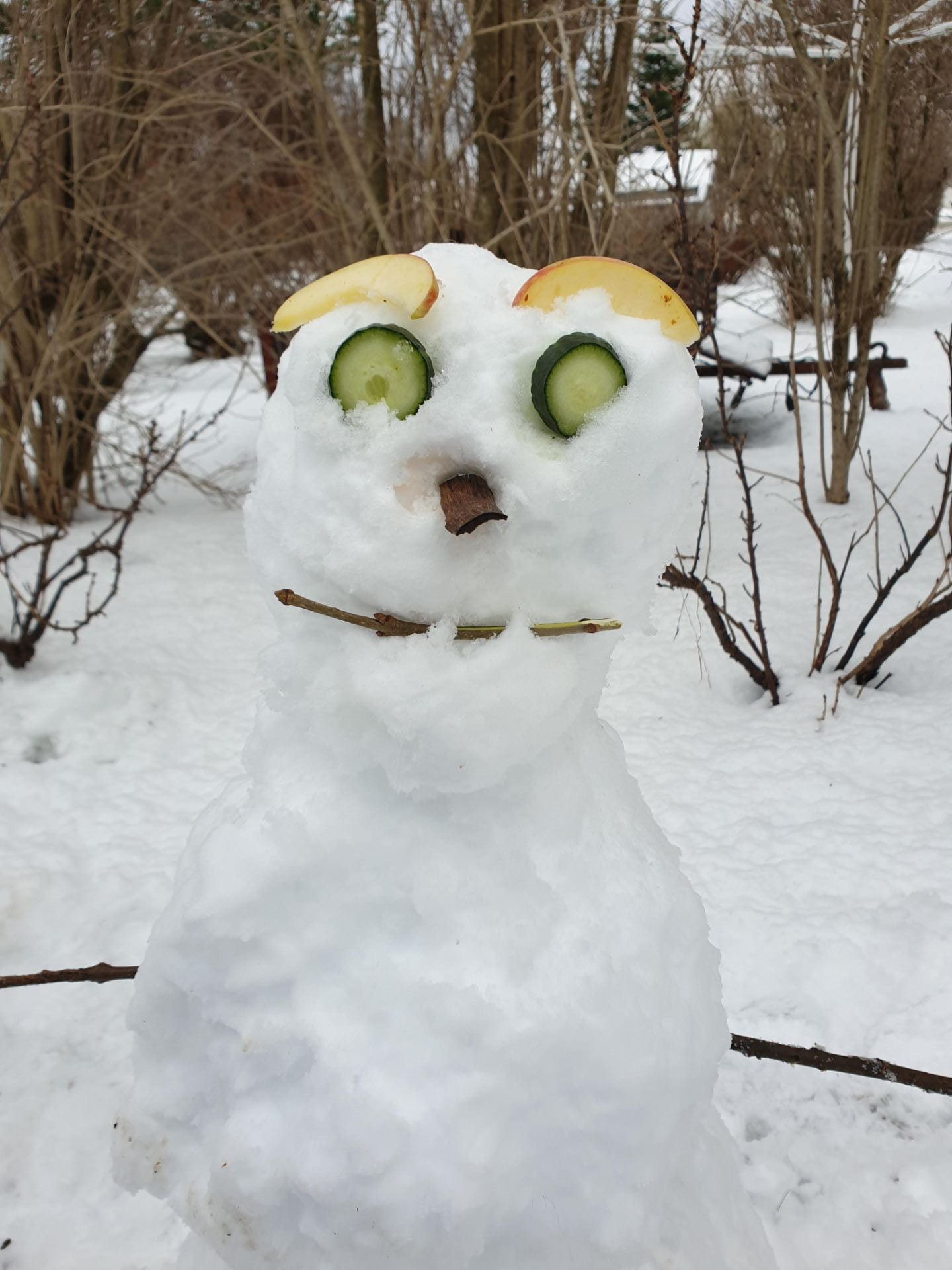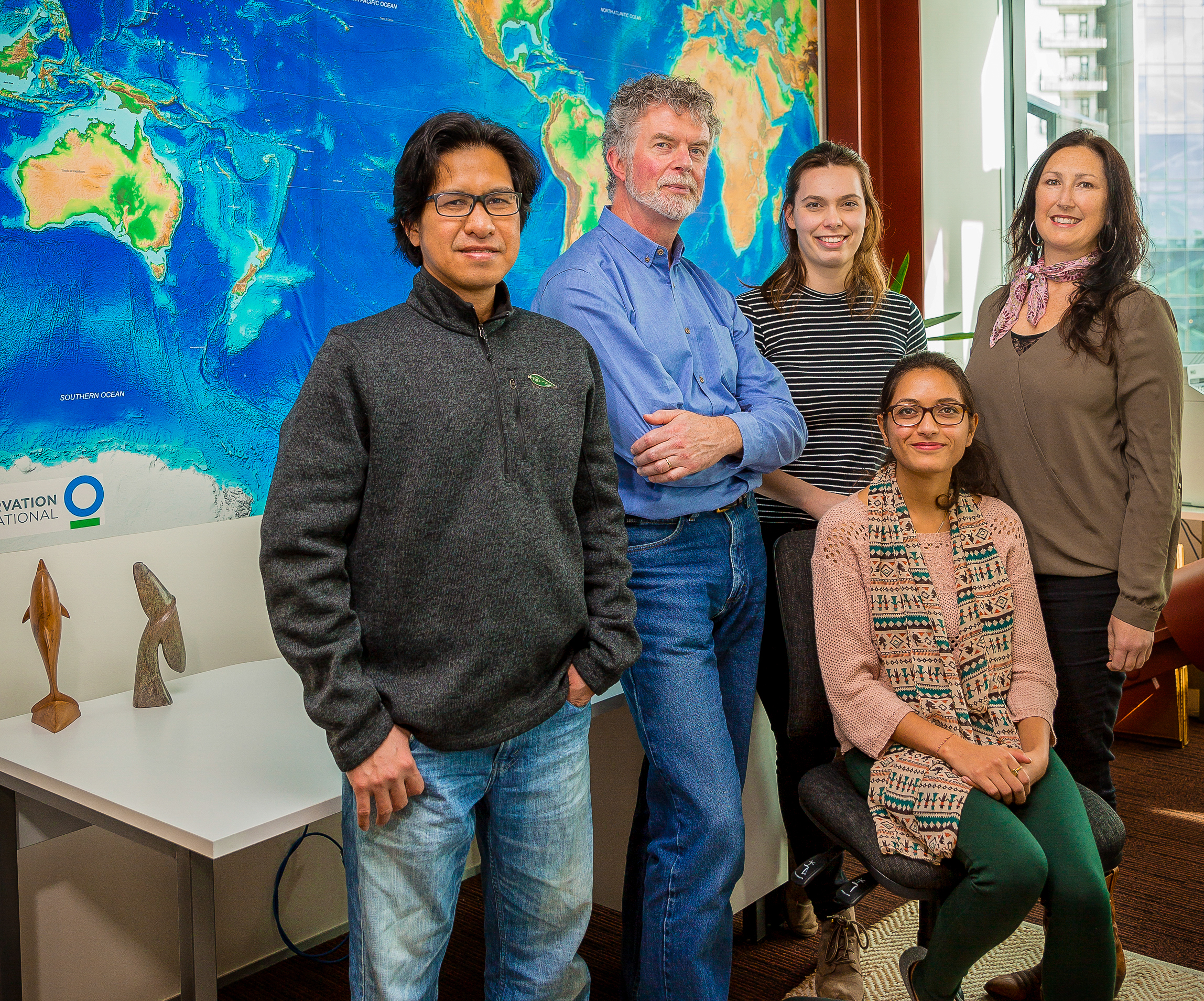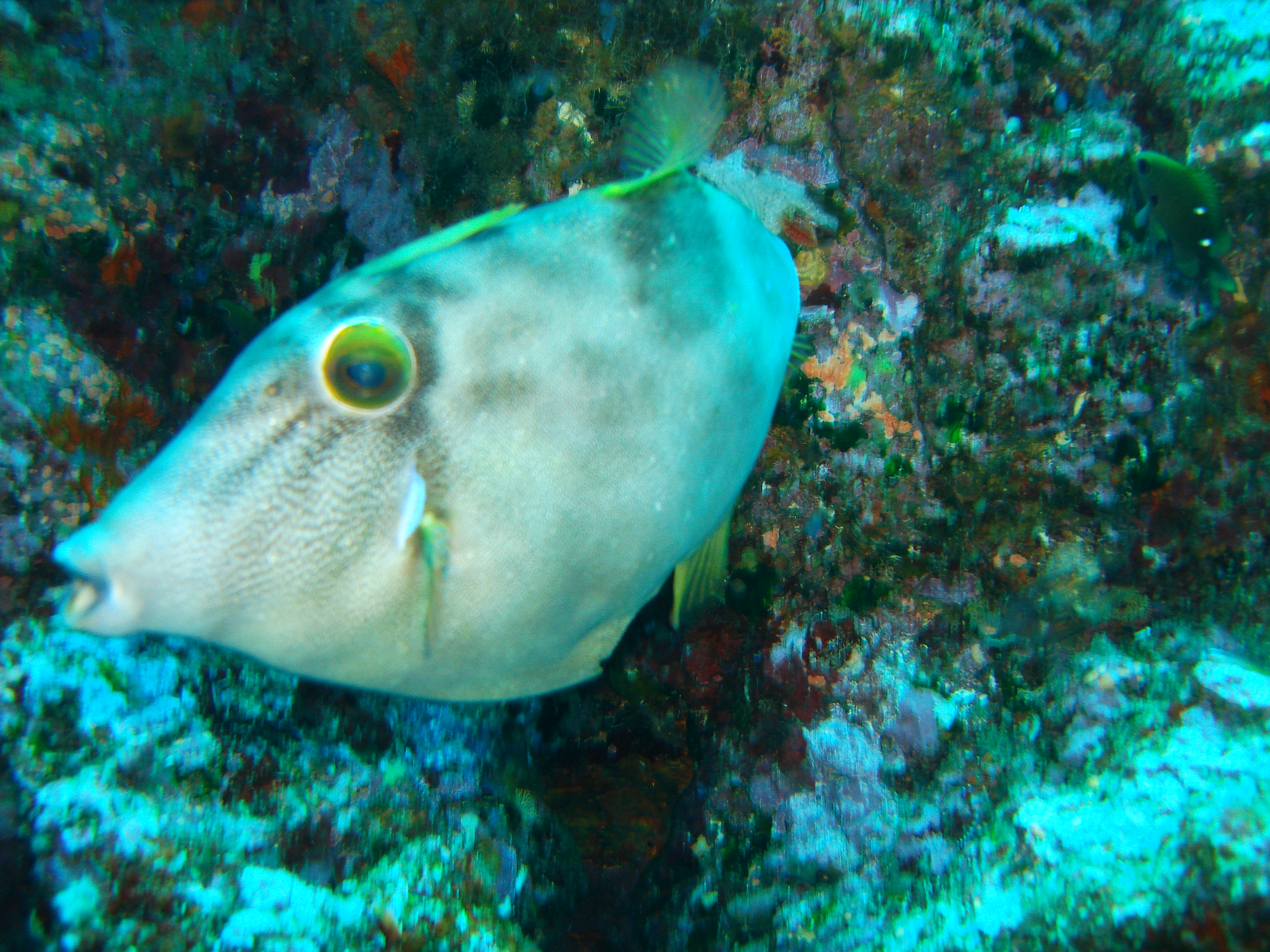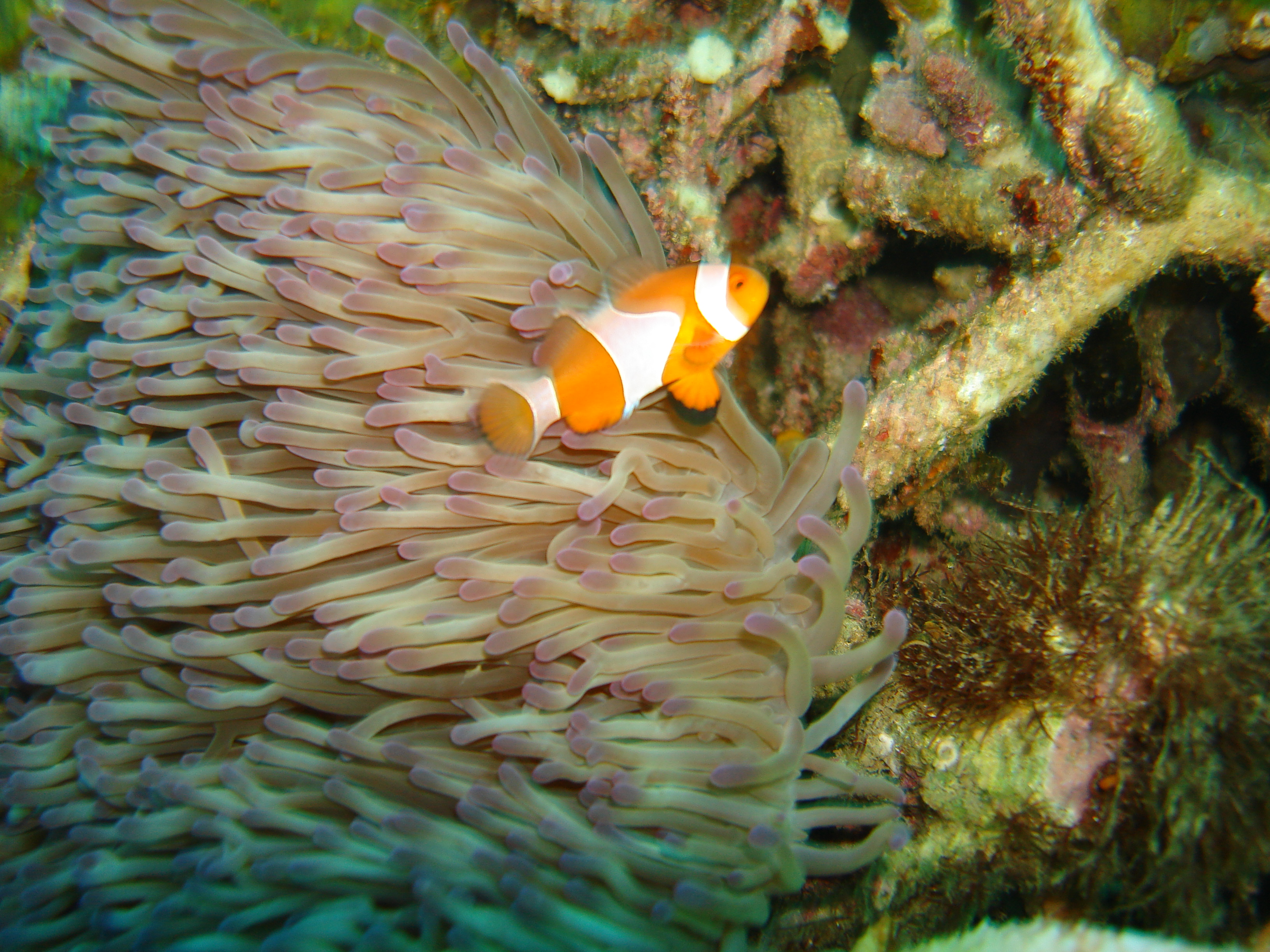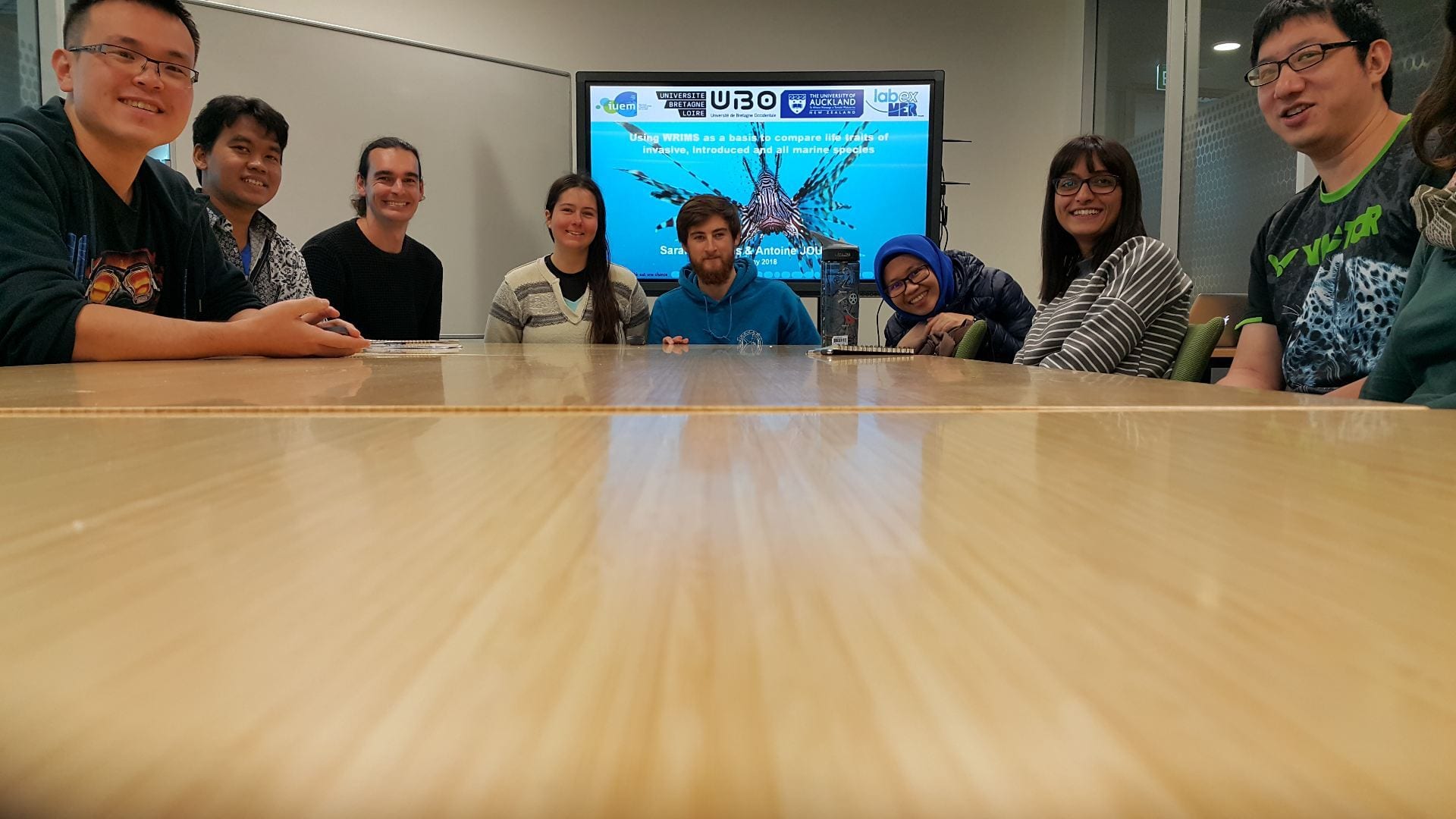
Tips on CV presentation
When it comes to applying for a position, we cannot do much to change our qualifications and other facts but we can adjust its content to communicate what is most relevant for the position and take care of its layout. Principles Who is the CV for? Tailor it for different kinds of employers. Cut out
